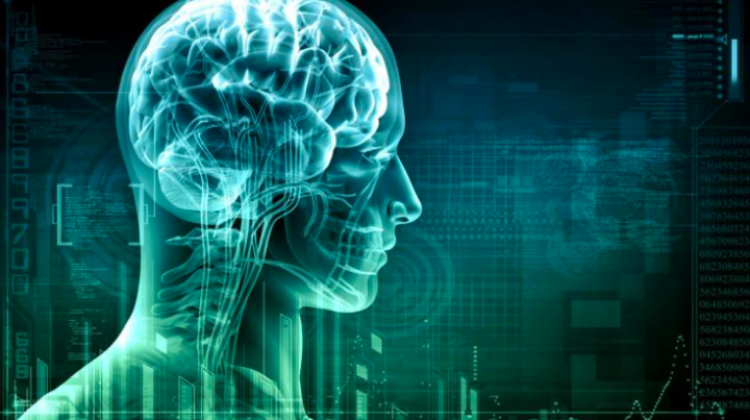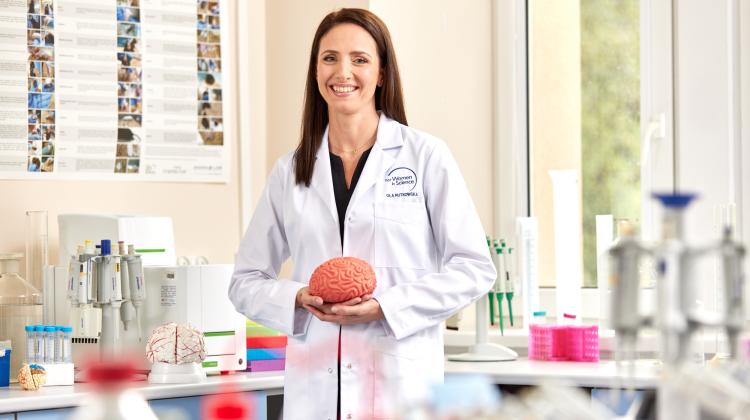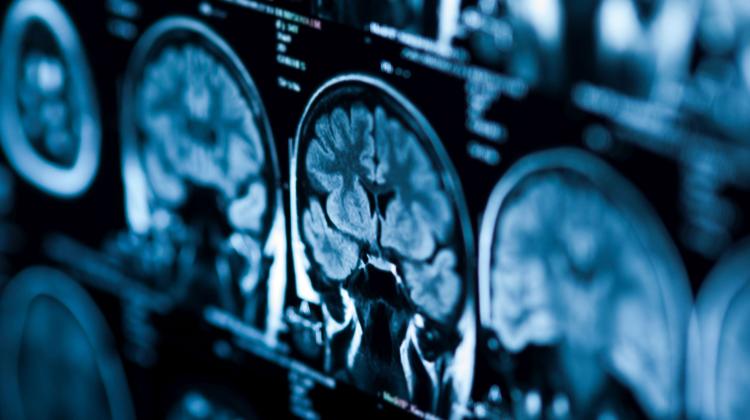Neuroscientists from Łódź are investigating the effects of stress hormones on the electrical activity of the brain
 Photo: Fotolia
Photo: Fotolia
Neuroscientists from Łódź are studying the effects of stress hormones, corticosteroids, on the electrical activity of the brain. They believe that it may be important for understanding the mechanisms of stress-related disorders.
"I hope that in the future the knowledge that we obtain as a result of our research may translate into new diagnostic techniques, or new pharmacotherapy opportunities for diseases such as depression, drug addiction or post-traumatic stress disorder" - says Prof. Tomasz Kowalczyk from the Department of Neurobiology, Faculty of Biology and Environmental Protection, University of Lodz.
For over a decade, researchers in Lodz have been studying a specific pattern of brain electrical activity - theta brainwaves. It is one of the best synchronized electroencephalographic (EEG) patterns registered in mammalian brains. In humans, this pattern is registered mainly in the temporal and frontal cerebral cortex.
According to Prof. Kowalczyk, this is extremely important, because it appears in two situations in the brains of all mammals, including the human brain. Firstly, it is associated with a healthy brain - it is generated in people during sleep and, for example, when we learn to find a way in an unfamiliar environment, when we solve complicated mathematical equations, and even when we make language mistakes.
On the other hand, this type of EEG activity is also associated with pathological states of the central nervous system, such as epilepsy, Alzheimer`s and Parkinson`s, depression and migraines. "In our department we have been studying the basic properties of this rhythm for years. Based on this studies, we characterize this activity in terms of electrophysiological and neurochemical properties" - the neuroscientist adds.
In recent years, researchers from Łódź discovered a new source of theta rhythm in the posterior hypothalamus (PHA). Previously this area was considered to be only a modulator of the theta activity registered in the upper regions of the central nervous system.
"We have discovered that this structure is also capable of generating theta rhythm on its own, independently of stimuli from other regions of the brain" - explains Prof. Kowalczyk.
Research conducted in recent years indicates the role of theta rhythm as a non-specific determinant of pathological processes occurring in the central nervous system. Researchers have observed, for example, that EEG activity in patients suffering from Alzheimer`s disease is much more regular and synchronous compared to healthy people, and the signal strength in the theta band clearly increases.
It is suggested that changes in the theta rhythm band can serve as a biomarker in the early diagnosis of Alzheimer`s disease, and research on the rhythm can help understand the aetiology of this disease. In recent years, scientists also demonstrated a close link between the ability to generate theta oscillations and the response to sudden environmental stress.
The researchers from Łódź have shown in their earlier studies that theta activity, which is generated in the posterior hypothalamus, may be sensitive to certain compounds associated with stress - corticosteroids.
"This gave us the idea for research to determine the effect of stress hormones - corticosterone in animals, cortisol in humans - released in the body in stressful situations, on the electrical activity of the brain" - Kowalczyk says.
Researchers from the Department of Neurobiology, University of Lodz, in collaboration with the Department of Physiology of the Institute of Pharmacology PAS in Kraków, will examine these mechanisms at the level of individual neurons and neural networks, and determine the effect of corticosterone on these mechanisms.
They will also be the first in the world to study the activity of the posterior hypothalamus in animals (rats) subjected to prolonged stress. "We want to check how this structure behaves under stressful conditions, which in a way imitate depressive states in people" - adds Prof. Kowalczyk.
In his opinion, the results of these experiments can provide valuable data on the link between the posterior hypothalamus and the pathogenesis of disorders such as depression, drug addiction or post-traumatic stress disorder.
Professor Kowalczyk hopes that in the future the knowledge obtained as a result of his research may translate into new diagnostic techniques or new possibilities for pharmacotherapy. "However, these are the first, preliminary studies. Nobody has done this before and for us every result will be surprising. But we hope that the results will be consistent with our initial assumptions" - concludes the scientist from the University of Lodz.
The project "Neuronal and behavioural correlates of theta rhythm generated in the posterior hypothalamus - in vivo and in vitro studies" received more than PLN 1 million grant in the OPUS 13 competition of the National Science Centre. Its completion is planned for 2021.
PAP - Science in Poland
szu/ ekr/ kap/
tr. RL
Przed dodaniem komentarza prosimy o zapoznanie z Regulaminem forum serwisu Nauka w Polsce.

















